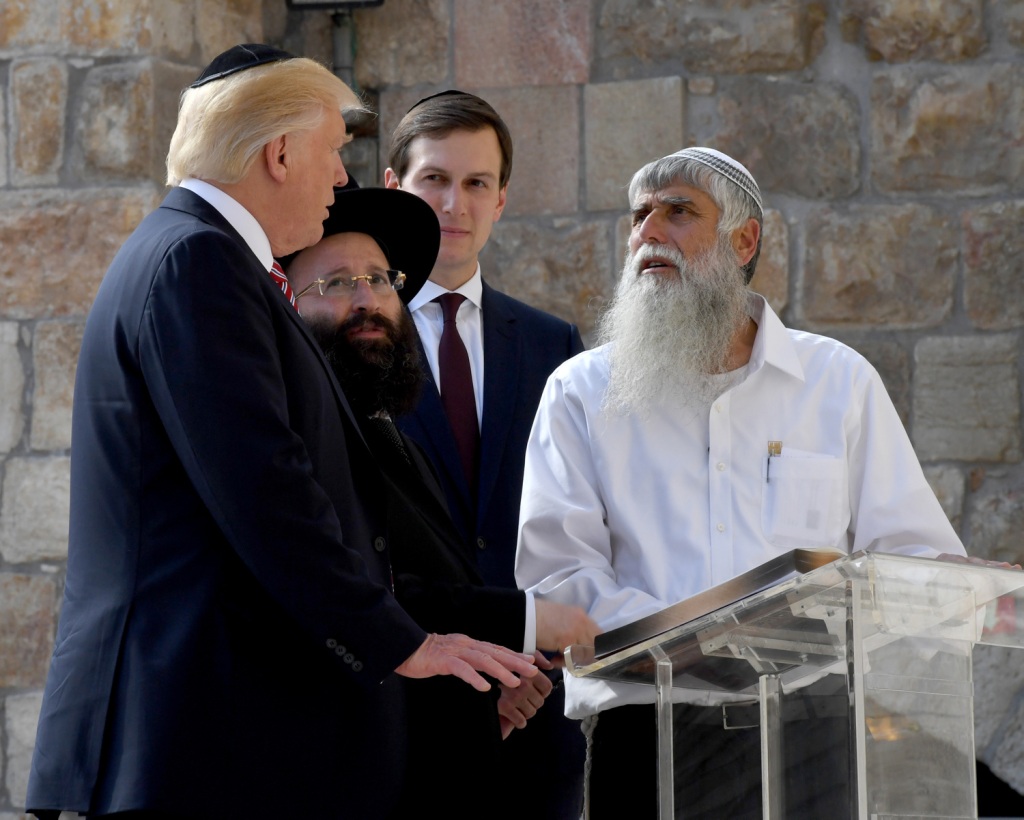
What does the world do when a religious edict turns into an international flashpoint? Iran’s recent fatwa against Israeli leaders and President Trump has sparked deep outrage, bewilderment, and anxiety far beyond the Middle East. It’s not only a tale of incendiary words it’s about the confluence in real time of religious authority, political power, and international security.
For those tracking the ever-shifting landscape of US-Iran relations, the stakes have never felt higher. With Ayatollah Naser Makarem Shirazi’s fatwa framing retaliation as a religious duty, and President Trump responding with open threats, the world is watching for what comes next. Here’s a breakdown of the most urgent, surprising, and consequential aspects of this unfolding crisis.
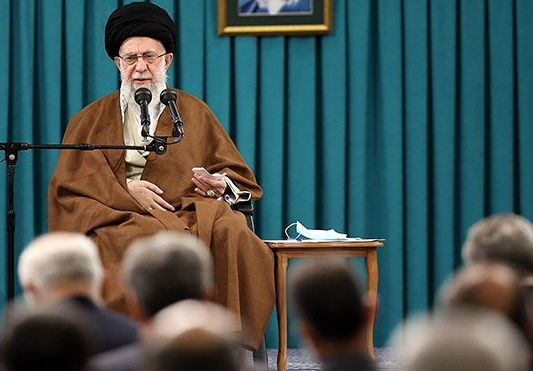
1. The Fatwa That Shook the World
Grand Ayatollah Naser Makarem Shirazi’s fatwa didn’t just call out President Trump and Israeli Prime Minister Netanyahu it branded them as ‘enemies of God’ and ‘mohareb,’ a label in Iranian law that can warrant harsh penalties including execution or exile. Shirazi’s decree urges Muslims globally to ‘avenge them with strength and fury,’ framing retaliation as a divine mandate. While fatwas are technically non-binding, the weight of this one is amplified by Shirazi’s status and the current climate of escalating violence.
The fatwa is seen as both a spiritual command and a political rallying cry, with critics labeling it “a clear act of state-backed incitement to international terrorism.” The echoes of the 1989 Salman Rushdie fatwa whose threat lingered for decades are impossible to ignore.
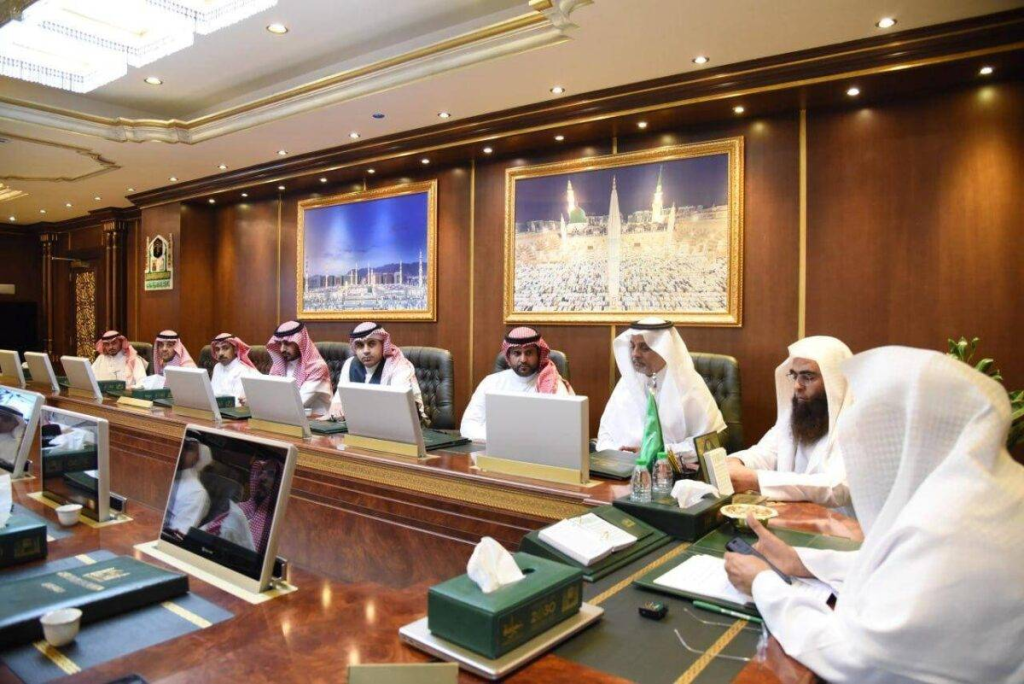
2. Fatwas: More Than Just Religious Opinions
A fatwa is not only a religious pronouncement it’s an authoritative legal and social instrument in the Islamic world. Made by a learned scholar, a fatwa can address anything from dietary restrictions to political extremism. As The Commission of Fatwa and Sharia Affairs clarifies, ‘the weight of the fatwa is generally determined by the authority that issued it.’Muslims are not bound to obey any fatwa, but when a ruling originates from a leading cleric such as Shirazi, it is able to mobilize action and sanction fanatical reactions.
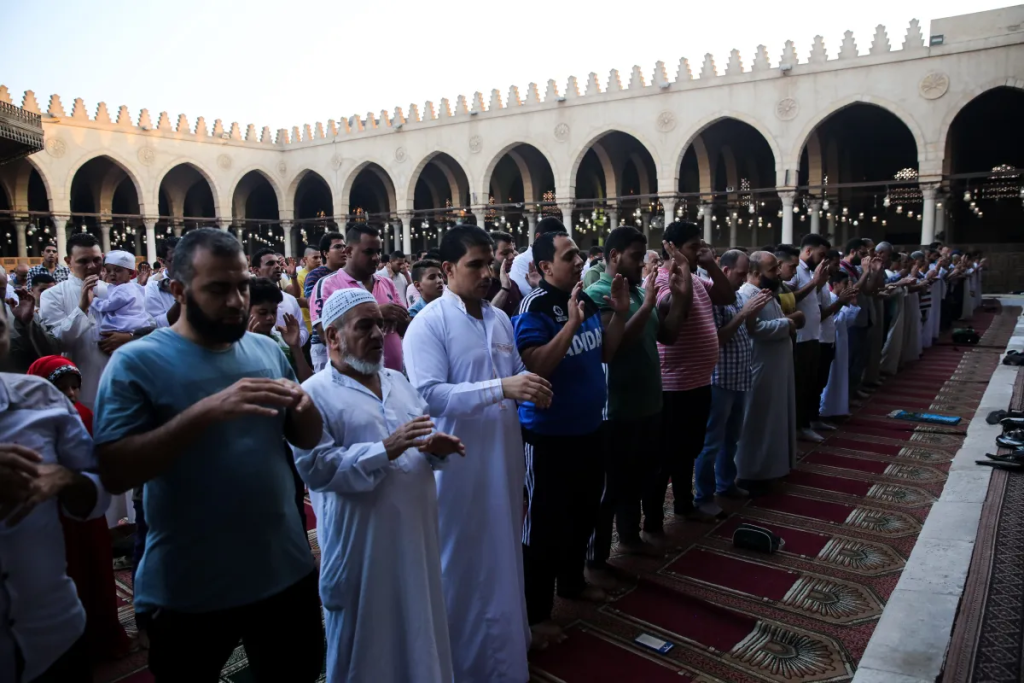
History is replete with instances where some fatwas have resulted in actual violence, while others have ushered peace. The distinction between guidance and incitement is not always clear, particularly when religion meets politics.

3. The Doctrine of Wilayat al-Faqih: Who Really Holds Power?
At the heart of Iran’s political system is the doctrine of Wilayat al-Faqih, which gives supreme authority to a just and capable jurist in the absence of the infallible Imam. This system, as outlined by Shi’a political thought, means that religious leaders like Khamenei wield both spiritual and political power. Their decrees are not just suggestions they can shape law, policy, and even military action.
This blending of state and religious power is Iranian-specific and goes some distance in explaining how a fatwa issued by a grand ayatollah generates such profound resonance, domestically and internationally.
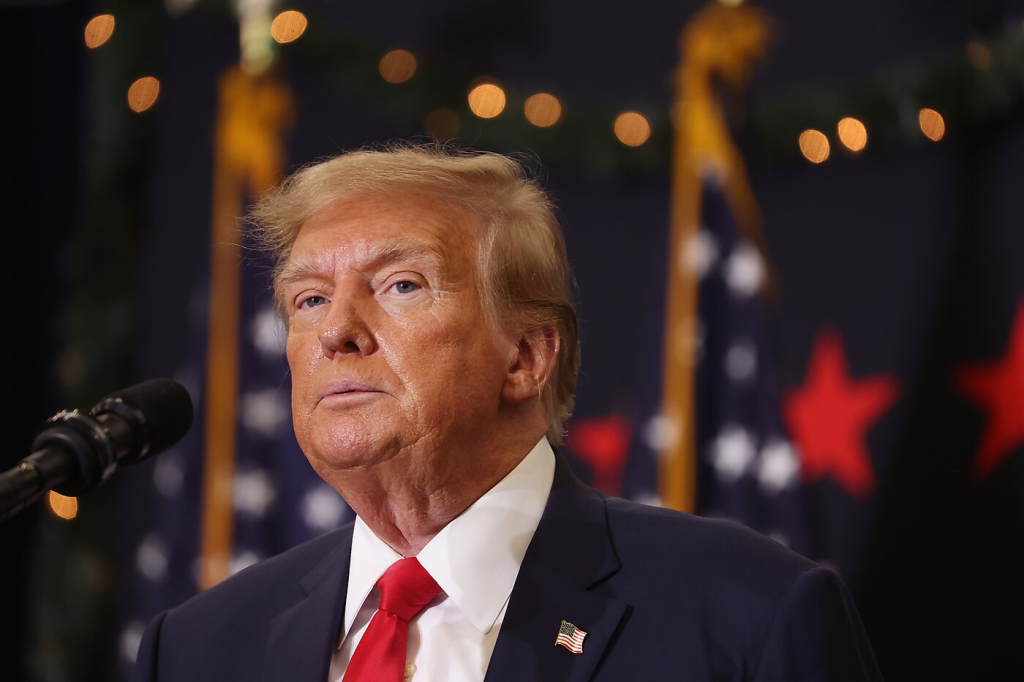
4. The Trump Factor: Heightened Escalation by Social Media
President Trump’s reaction to the fatwa has been nothing less than inflammatory. On Twitter, he wrote, ‘We know exactly where the so-called “Supreme Leader” is hiding. He is an easy target, but is safe there We are not going to take him out (kill!), at least not for now.’ He also tweeted Iran’s ‘UNCONDITIONAL SURRENDER’ and threatened, ‘Our patience is wearing thin.’
These words, uttered in the middle of a current Israel-Iran confrontation, have only increased tensions. Trump’s language is a melodramatic heightening, warning that the US is ready for face-to-face confrontation and maybe even regime change if provoked.
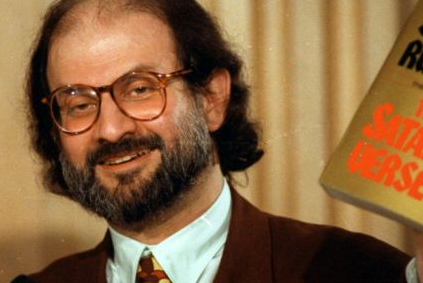
5. The Shadow of History: When Fatwas Turn Deadly
Fatwas have a long, complex history and have sometimes provoked acts of violence that echo across decades. The Salman Rushdie fatwa was followed by years of living in secret and a near-lethal attack in 2022, but others have been associated with assassinations of intellectuals and politicians worldwide.The threat isn’t even coming from the state: self-radicalized individuals have frequently carried out these religious pronouncements, making the threat not only unpredictable but also enduring.

6. The Legal and Social Scope of a Fatwa in Iran
Though fatwas have no formal legal power, they may strongly affect Sharia courts and the conduct of devout believers. In Iran, the intersection of law and religious edict means that a fatwa by a grand ayatollah can have practical effects on legal cases and public opinion.
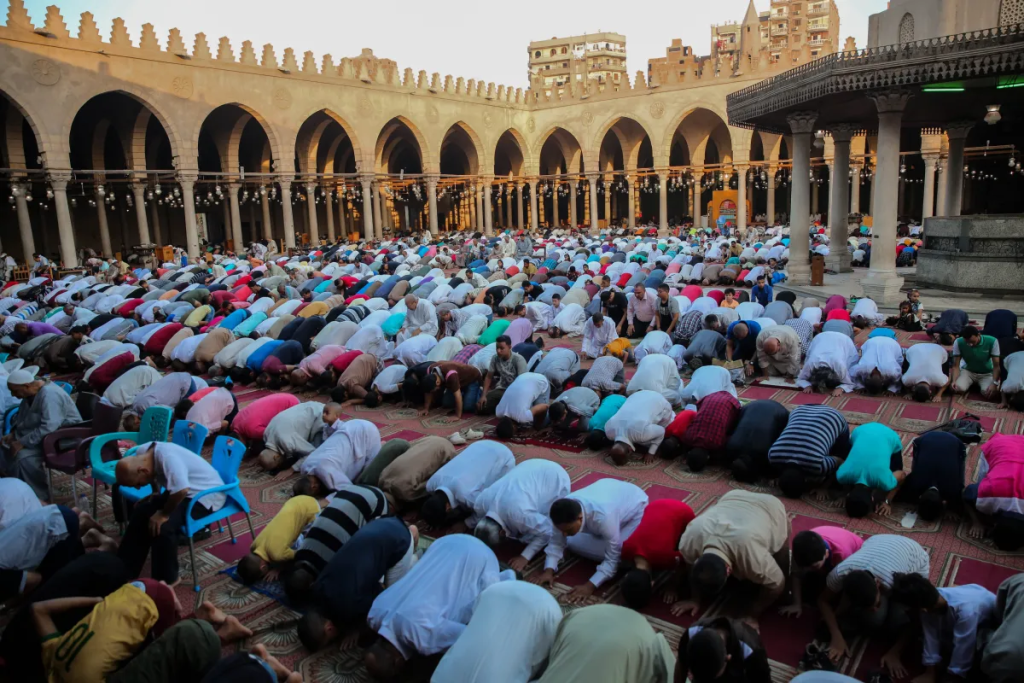
As argued by scholars of Shia law, ‘the faqih’s authority and guardianship is a social obligation, which is conferred upon them.’ That is to say, even non-binding opinions can amount to de facto law in some situations, particularly if supported by the state.
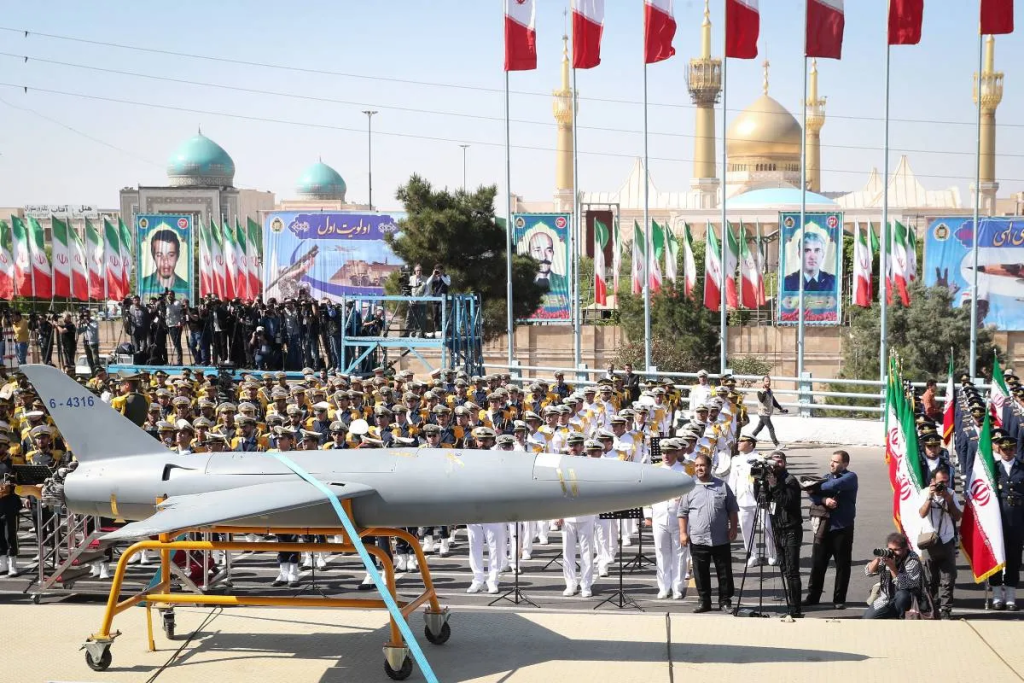
7. Global Security Risks: Why This Fatwa Matters Now
With US and Israeli troops on full alert and the Iranian leadership casting retaliation as a religious obligation, the danger of escalation is no longer hypothetical. As Khosro K. Isfahani noted, ‘A second grand Ayatollah.just issued a murder Fatwa against POTUS Trump.’ The world community is then left to deal with the consequences, as fatwas such as the one issued can fuel violence years down the line.
In an already ideologically and religiously polarized world, such edicts are likely to energize lone wolves or organized actors, turning them into a serious security threat in the decades to come.
The alignment of religion, politics, and military power in Iran’s new fatwa has formed a dangerous cocktail that requires close monitoring by policymakers and analysts alike. Although history attests that not all fatwas produce violence, the atmosphere of overt threats and retaliatory language today ensures the dangers are very real. For onlookers, the message is undeniable: religious edicts can forge geopolitics as forcefully as any missile or diplomatic movement. Wake up the tale is by no means finished.


